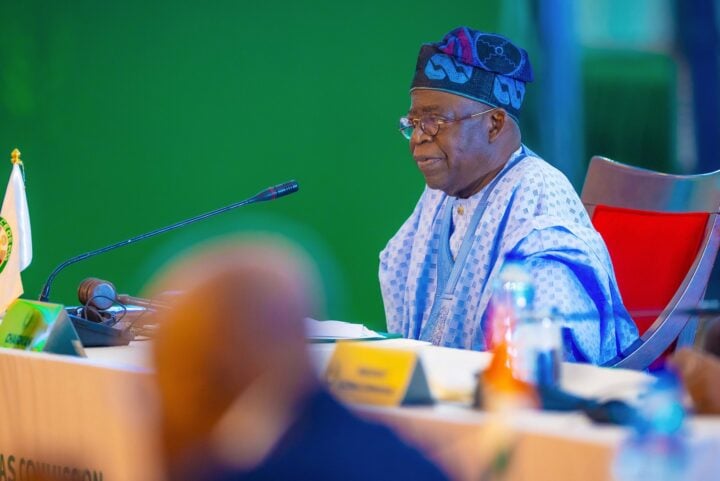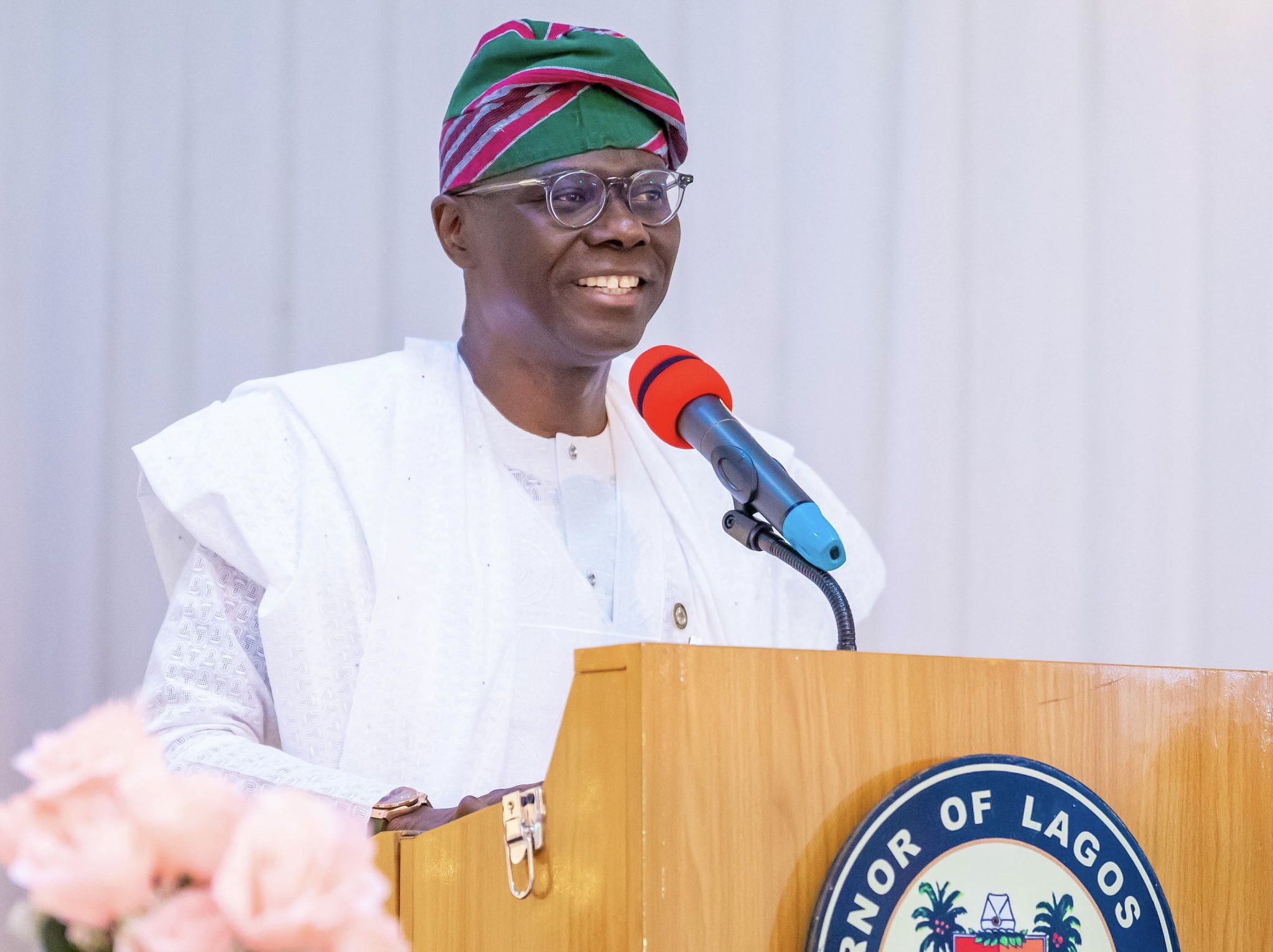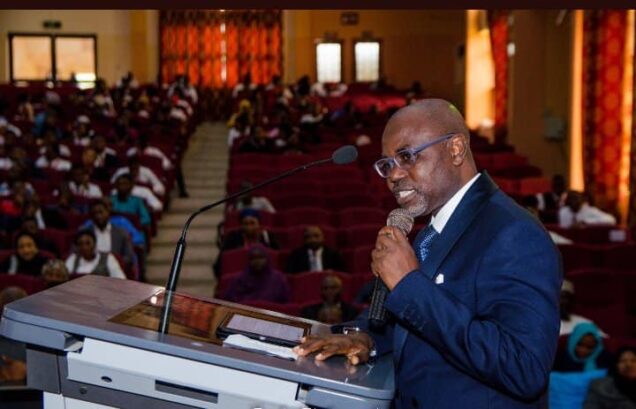BY TOSIN AREBUWA
On November 2, 2023, the Nigerian senate approved President Bola Tinubu’s request for an additional ₦552.6 billion spending to fight terrorism this year. Nigeria continues to accrue budgetary deficits to purchase military weapons and bolster its security architecture at the expense of other critical sectors like education.
For Nigeria to sustainably address insecurity and achieve prosperity, aside from buying guns, the country must invest in robust education programs, upholding the rule of law and deepening democratic governance. Neglecting these other critical areas will keep the country insecure.
Between 2015 and 2021, Nigeria spent ₦8 trillion on defence. Yet, the 2023 Global Terrorism Index ranks Nigeria as the 8th country most impacted by terrorism globally.
Advertisement
With 70 percent of Nigeria’s population under 30, Nigeria has the largest youth population ratio in the world. According to UNESCO, about 20 million Nigerian youth lack basic education. The lack of education and neglect predispose this agile population group to social vices such as gambling, robbery, and drug abuse. In some cases, the idle ones who engage in criminal activities become violent offenders.
Education equips people with the right knowledge and skills to take on gainful employment. Therefore, the crime rate in such an environment is lowered because people are legitimately busy with their day-to-day activities. There is a nexus between the well-being of the people and the crime rate in every society. In other words, when the quality of life, including education, is high, criminality is reduced. Countries like Norway, Finland, and Sweden are proof.
The Nigerian government should adopt UNESCO’s recommendation, which sets 15-20 percent of budgetary allocation as the international benchmark for education. Nigeria can fund education properly by cutting down on unnecessary expenditures. The federal government can reduce the size of the central cabinet and be prudent in its activities. That will help save more funds for education and programs to empower the country’s teeming youth population.
Advertisement
Nigeria must also focus on the rule of law—the foundation for justice, peace, security, and societal progress. The rule of law reinforces development, accountable leadership, and respect for human rights. Observing the rule of law also plays a crucial role in enforcing social and criminal justice. Part of the reason why terrorism is prevalent in Nigeria is because suspected terrorists, when arrested, are not tried and punished appropriately. The government gives many suspected terrorists a pass through its amnesty program. Meanwhile, such actions encourage criminality in society. A strong deterrent message is sent to potential offenders when criminals are tried according to the law and punished accordingly.
Deepening democratic governance is another way to address insecurity in Nigeria. Nigerian politicians must respect the electoral decisions of citizens. The citizens’ right to decide during elections is their fundamental human right. Subverting people’s will during electoral processes only fan civil unrest like what happened in Mali and Niger Republic recently.
Strengthening Nigeria’s electoral system should be a priority for the government. The government must encourage grassroots citizen engagement. It is crucial to democracy and freedom. The development would bring about active and informed citizenry for societal good.
Achieving prosperity in Nigeria requires investing in the country’s growing young population. Such investments must not be limited to approaching insecurity with guns alone, rather, educating the children and youth. At the same time, creating an enabling democratic atmosphere where the rule of law is the order will catalyze development and prosperity for Nigeria.
Advertisement
Tosin Arebuwa is a writing fellow at African Liberty.
Views expressed by contributors are strictly personal and not of TheCable.
Add a comment






